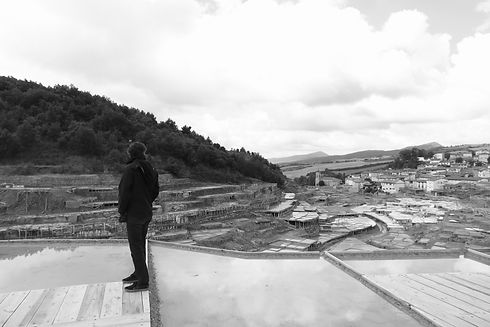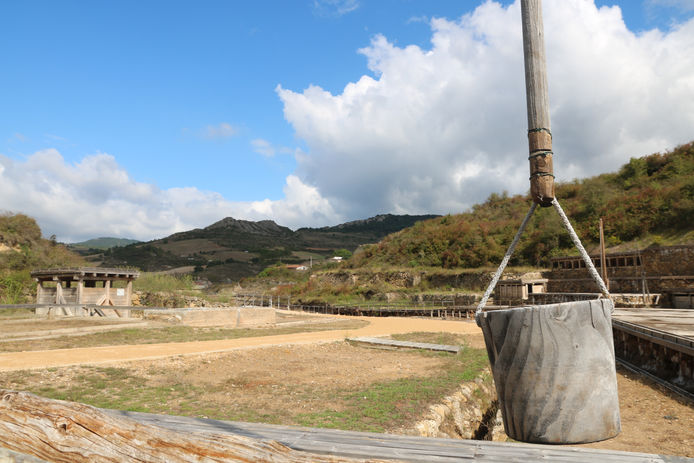
Salinas de Añana
Social enterprise: Valle Salado Foundation
Phone:
+34 945 351 111
Email:
Address:
Calle Real 42. C.P. 01426
Salinas de Añana / Gesaltza-Añana
Araba / Álava
WEBSITE
About Salinas de Añana
Salinas de Añana is an example of the reactivation of a under-utilised industrial heritage that, thanks to the interest of the municipality and citizens, has been recovered and regenerated.
To date it boasts the development of numerous cultural, outreach and educational activities and volunteer projects. Thanks to the Valle Salado Foundation, the heritage and its spatial context is maintained over time, and the production and sale of salt allows this regeneration to be self-financed.
Publications: Scaffidi F. (2024) "Average social and territorial innovation impacts of industrial heritage regeneration", Cities, 148, pp. 1-23. https://doi.org/10.1016/j.cities.2024.104907
Scaffidi F (2019) Il riciclo socialmente innovativo come attivatore di sviluppo urbano e regionale. I brownfield come contesto di analisi e azione. PhD Thesis. Palermo: University of Palermo.
Scaffidi F (2018) Territorial creativity in peripheral context. Urban and regional effects of the re-cycle of Añana saltworks. In: Schröder J, Carta M, Ferretti M, Lino B (eds.) Dynamics of periphery, Jovis, Berlin, pp. 282-289. ISBN 978-3-86859-511-6
Scaffidi F. (2016) “La rigenerazione del patrimonio produttivo dismesso per la riattivazione delle risorse territoriali. Il caso delle saline di Añana in Euskadi”, inFolio, n. 33, pp. 25-28. ISSN 1828-2482
Process of socially innovative recycling
1883 - 1995
2000 - 2004
2009 - Today
Industrial production in the saltworks began around the late 1800s and then stopped almost completely in the early 1990s. At that time only a few platforms were still active and the process of deterioration was looming. Thus began numerous protests by citizens and the then-mayor to demand the redevelopment of this heritage.
The "Plan Director para la recuperación integral del Valle Salado de Salinas de Añana" was developed with the aim of integrally recovering the saltworks and the territorial context, protecting biodiversity, engaging the local community, re-establishing salt production, and creating a management entity.
In 2009, the Valle Salado Foundation was established, which incorporates the goals of the plan and aims to: recover the heritage; produce and sell Añana salt, by respecting the traditional techniques of the salt workers and reinvesting the revenue for self-financing the project; and create cultural, social and economic initiatives.






